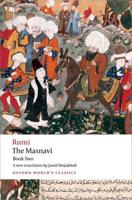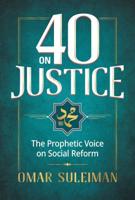Publisher's Synopsis
The Origins and Belief of Shia Islam
The Origins and Belief of Shia Islam delves into the rich history, core beliefs, and foundational events that shaped the Shia branch of Islam. The book traces the origins of Shia Islam back to the early years following the death of Prophet Muhammad (PBUH) and the crucial moment of leadership succession that gave rise to the Shia-Sunni division.
Focusing on the central role of Imam Ali (the Prophet's cousin and son-in-law) and the concept of Imamate, the book explains how Shia Muslims believe that leadership in Islam was divinely appointed through the family of the Prophet, beginning with Ali. It explores the significance of the Twelve Imams, who are seen as the rightful spiritual and temporal successors to the Prophet.
The book further examines the theological differences that distinguish Shia beliefs from other Islamic sects, particularly the emphasis on martyrdom, justice, and resistance, which are symbolized through the tragic event of Karbala and the martyrdom of Imam Hussain, a defining moment for Shia identity.
In addition, the text sheds light on key rituals, such as Ashura and the mourning practices associated with it, alongside Shia interpretations of Islamic law, eschatology, and the concept of Mahdism, which refers to the belief in the coming of the Mahdi, a savior figure who will restore justice.
Through historical context and theological analysis, The Origins and Belief of Shia Islam provides a comprehensive understanding of Shia thought, its evolution, and its significant role within the broader spectrum of Islamic history. The book aims to clarify misconceptions and provide a balanced perspective on Shia practices and their spiritual significance for the Muslim world.










